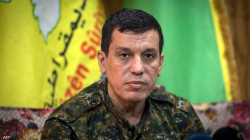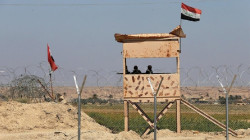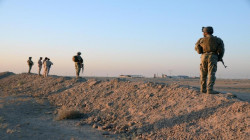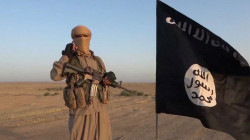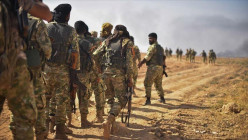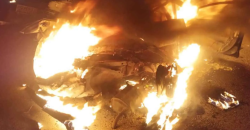The SDF Seeks a Path toward Durable Stability in North East Syria
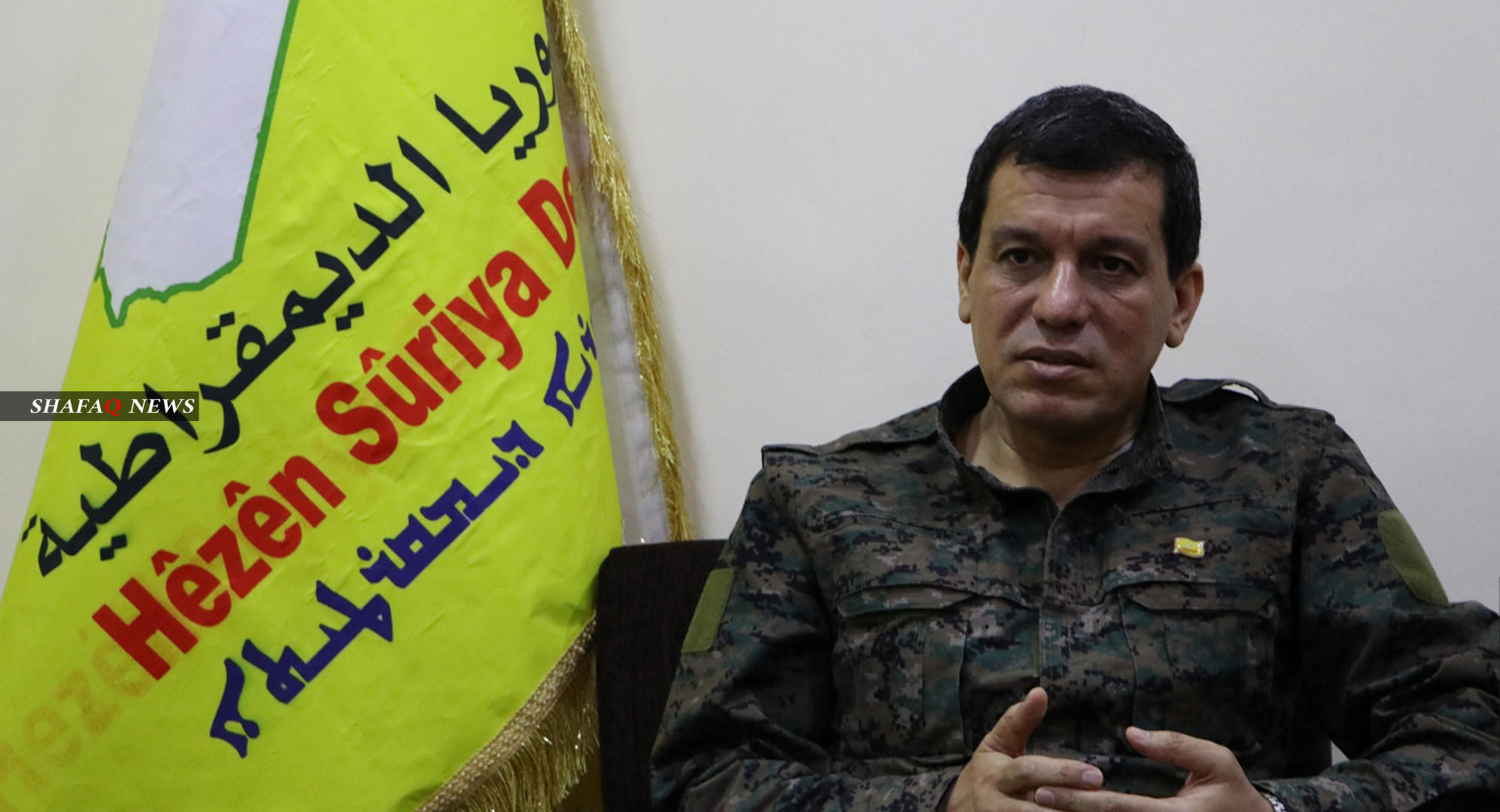
Shafaq News/ The international Crisis Group published a report on November 25 saying COVID-19 and U.S. presidential elections have gripped audiences abroad, and the Syrian war has largely disappeared from the international news cycle and foreign policymakers’ lists of priorities.
The report stated that the residents of north-eastern Syria, where the U.S. still has several hundred troops on the ground, are watching the current U.S. transition with particular trepidation. A new shift in U.S. policy resulting in a precipitous troop pull-out from the area, they fear, could unleash another round of conflict, as competing forces scramble for advantage, causing a new humanitarian crisis of displacement and potentially breathing life into ISIS insurgency.
In particular, it could provoke renewed conflict between the U.S.’s local partner in the fight against ISIS, the Syrian Democratic Forces (SDF), and Turkey.
“Ankara sees the Kurdish component of the SDF (known as the People’s Protection Units, or YPG) as a Syrian extension of its mortal enemy, the Kurdistan Workers’ Party (PKK), and has become increasingly bitter about continued U.S. support for the group. One way forward would be for the U.S. to seek to broker an arrangement that addresses Turkish security concerns, protects the over three million Syrians residing in north east Syria and minimizes risks of an ISIS resurgence.” The report showed.
“To ward off the threats to the area and its own existence, the SDF claims it is seeking a path to just such an arrangement. In mid-September, Crisis Group conducted a conversation with the head of the SDF, Mazloum Kobani (also known as Mazloum Abdi), which covered many of the points of contention that would have to be addressed for a mutually tolerable arrangement between the SDF and Turkey to come to pass. It was the latest in a series of discussions Crisis Group has held with Kobani since 2015, and is part of Crisis Group’s approach to engage with political and military leaders on all sides in Syria. The conversation touched upon key issues, including the group’s evolution, its relations with Damascus and how it sees a potential détente with Turkey. “it added.
Fears of renewed conflict are warranted according to the report; they are fuelled by precedent, as north and east Syria has seen repeated military operations, armed conflict and population displacement over the past few years, with external actors playing an enabling role.
In January 2018, Ankara launched a military incursion into YPG-controlled Afrin, north west of Aleppo. Russia indirectly contributed, reversing its earlier position not to allow Ankara access to Syrian airspace. The operation displaced over 150,000, the majority of them Kurds. Then, in October 2019, President Donald Trump’s abrupt announcement that he would withdraw U.S. troops from north east Syria made possible a Turkish ground incursion in the areas of Tel Abyad and Ras al Ayn, majority-Arab towns in the SDF-held border area.
The report confirmed that the events led to a massive population displacement from those two areas; it did not dislodge the SDF from north east Syria, however. Another precipitous U.S. withdrawal, or perhaps the mere announcement that one is imminent, could once again upset the precarious balance that has prevailed since early 2020.
That uncertainty about U.S. policy in Syria may prevail for a while still. For years, Washington’s Syria policy has been contested between different currents in successive U.S. administrations, and north east Syria has increasingly taken center-stage in that debate.
Trump administration officials repeatedly battled the president’s aversion to an open-ended engagement in Syria and were successful in convincing him to walk back his decisions to withdraw U.S. forces. The scope of the U.S. presence could still change in the remaining months of Trump’s presidency. In mid-November, for instance, just after the U.S. elections, Washington announced partial troop withdrawals from Afghanistan and Iraq.
